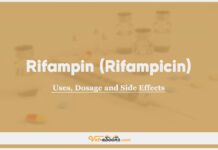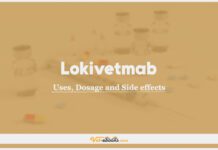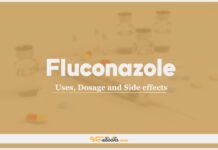Pentosan Polysulphate In Dogs & Cats: Uses, Dosage and Side Effects

Overview
- Semi-synthetic polymer derived from pentose carbohydrates and possesses heparin-like properties.
- Binds to damaged cartilage matrix containing aggregated proteoglycans.
- Stimulates the synthesis of new aggregated glycosaminoglycan (GAG) molecules.
- Demonstrates the ability to inhibit various proteolytic enzymes.
- Modulates cytokine action.
- Stimulates the secretion of hyaluronic acid.
- Preserves proteoglycan content in articular cartilage.
- Stimulates blood flow in articular cartilage.
- Results in analgesic (pain-relieving) and regenerative effects.
Uses of Pentosan Polysulphate
Dose of Pentosan polysulphate in Dogs and Cats
Dogs:
- 3 mg/kg (0.3 ml/10 kg) s.c. q5–7d on four occasions.
- 10–20 mg per joint intra-articularly in non-septic joints.
Cats:
- Oral formulations available in other countries have been used in cats for osteoarthritis and chronic refractory cases of feline lower urinary tract disease.
- The use of the injectable form has not been well reported in this species, one study reports the use of 3 mg/kg s.c. in cats with FLUTD.
- Administered by aseptic s.c. injection, using an insulin syringe for accurate dosing.
- The manufacturer recommends monitoring hematocrit and total solids.
Drug Dosage Calculator
You Should Give:
Side Effects of Pentosan polysulphate in Dogs and Cats
- Pain at the injection site has been reported.
- Because of its fibrinolytic action, the possibility of bleeding from undiagnosed tumours or vascular abnormalities exists.
Contraindications of Pentosan polysulphate in Dogs and Cats
- Do not use if septic arthritis is present or if renal or hepatic impairment exists.
- As it may induce spontaneous bleeding, do not use it in animals with bleeding disorders.
Some Notes:
- Manufacturer’s recommendation: Pentosan polysulfate should not be used simultaneously with steroids, non-steroidal drugs (including aspirin), coumarin-based anticoagulants, or heparin.
- Many dogs with osteoarthritis, potential candidates for pentosan polysulphate treatment, are often receiving NSAID therapy concurrently.
- The risk of bleeding when combining pentosan polysulphate with COX-2 preferential and COX-2 selective NSAIDs is likely low in animals without a history of blood clotting disorders.
Tip
Do You Want To Increase Your Veterinary Knowledge and Practical Skills?
You Can Now Browse and Download +3000 Books For Veterinary Professionals & Students Online.
Download Veterinary Books
















